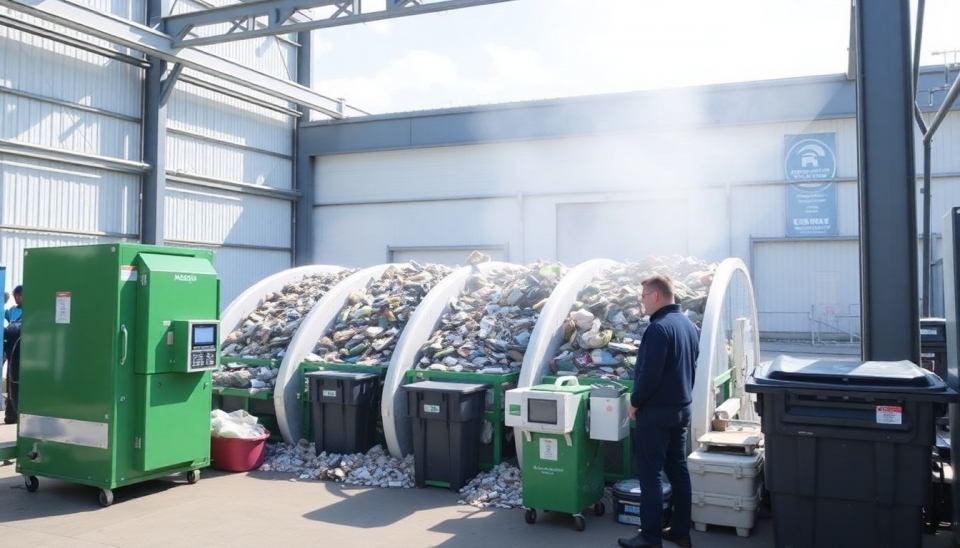
New Technology That Could Transform Waste Sorting Approach
A revolutionary technology has recently emerged in the market that could make the waste sorting process more efficient. This innovation was developed to reduce the amount of time and effort people spend sorting their garbage. Instead of manually separating plastics, paper, and organic materials, the new devices are capable of automatically identifying and sorting different types of waste. This means that users no longer need to worry about proper recycling, greatly simplifying the disposal process.
Continue reading
Failed Food Waste Strategies in the US: A Closer Look
In the United States, new bans on food waste are being discussed, yet many of these measures prove ineffective. Over the past few years, states like California and New York have enacted laws prohibiting the disposal of certain types of food. However, research has shown that most of these initiatives are not achieving their goals. Massachusetts stands out as an exception where authorities significantly reduced food waste due to close monitoring and the establishment of a stable recycling infrastructure. Other states, like Maine, which attempted to implement similar laws, failed to achieve noticeable results.
Continue reading
How to Reduce Your Exposure to Microplastics?
Microplastics have become a serious issue that is increasingly being discussed. These tiny plastic particles, often smaller than seven millimeters, are found everywhere—in the air, water, and even in the food we consume. Due to the widespread prevalence of microplastics and their resistance to decomposition, they have become an integral part of our environment, raising concerns about their impact on human health.
Continue reading